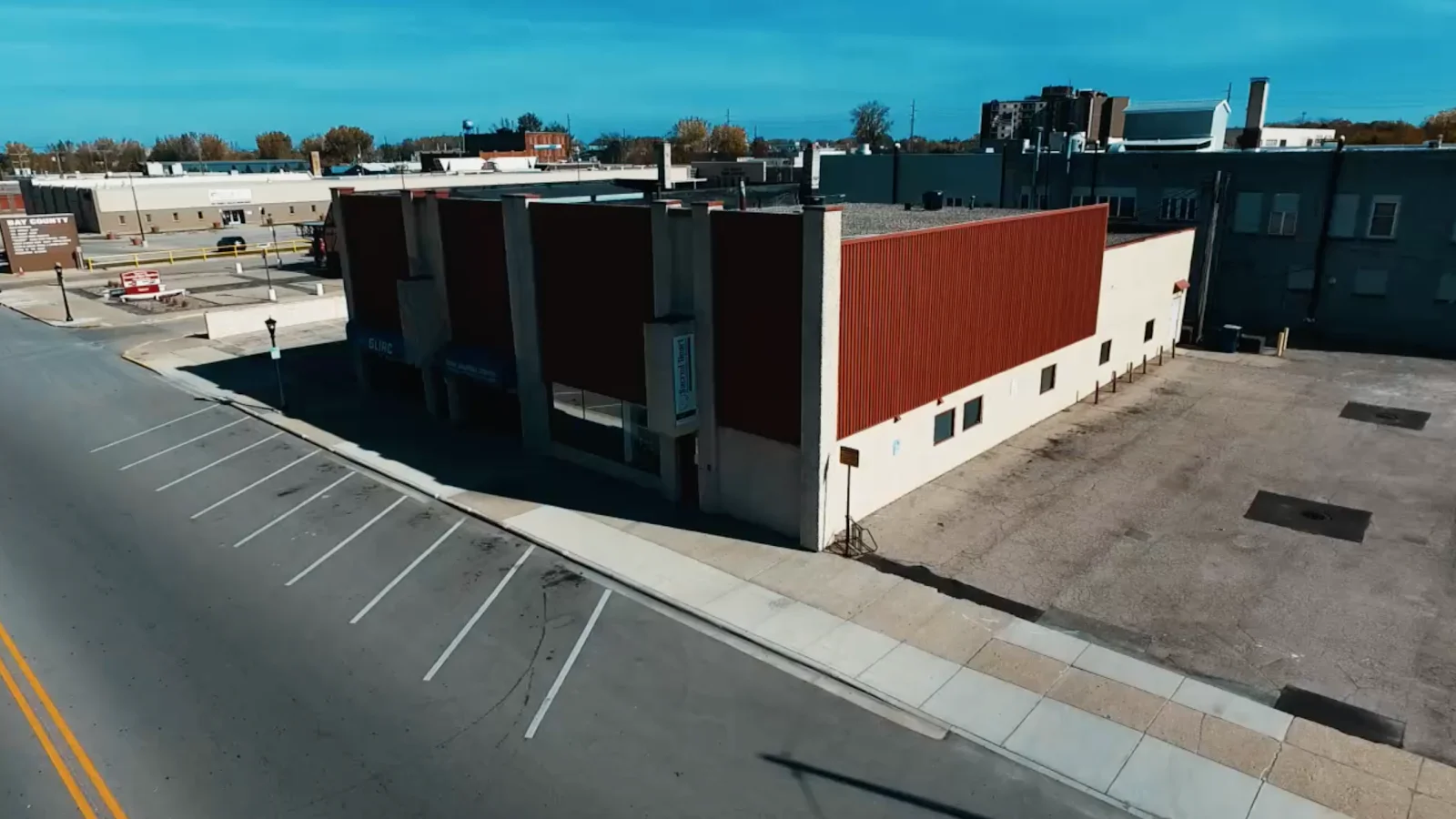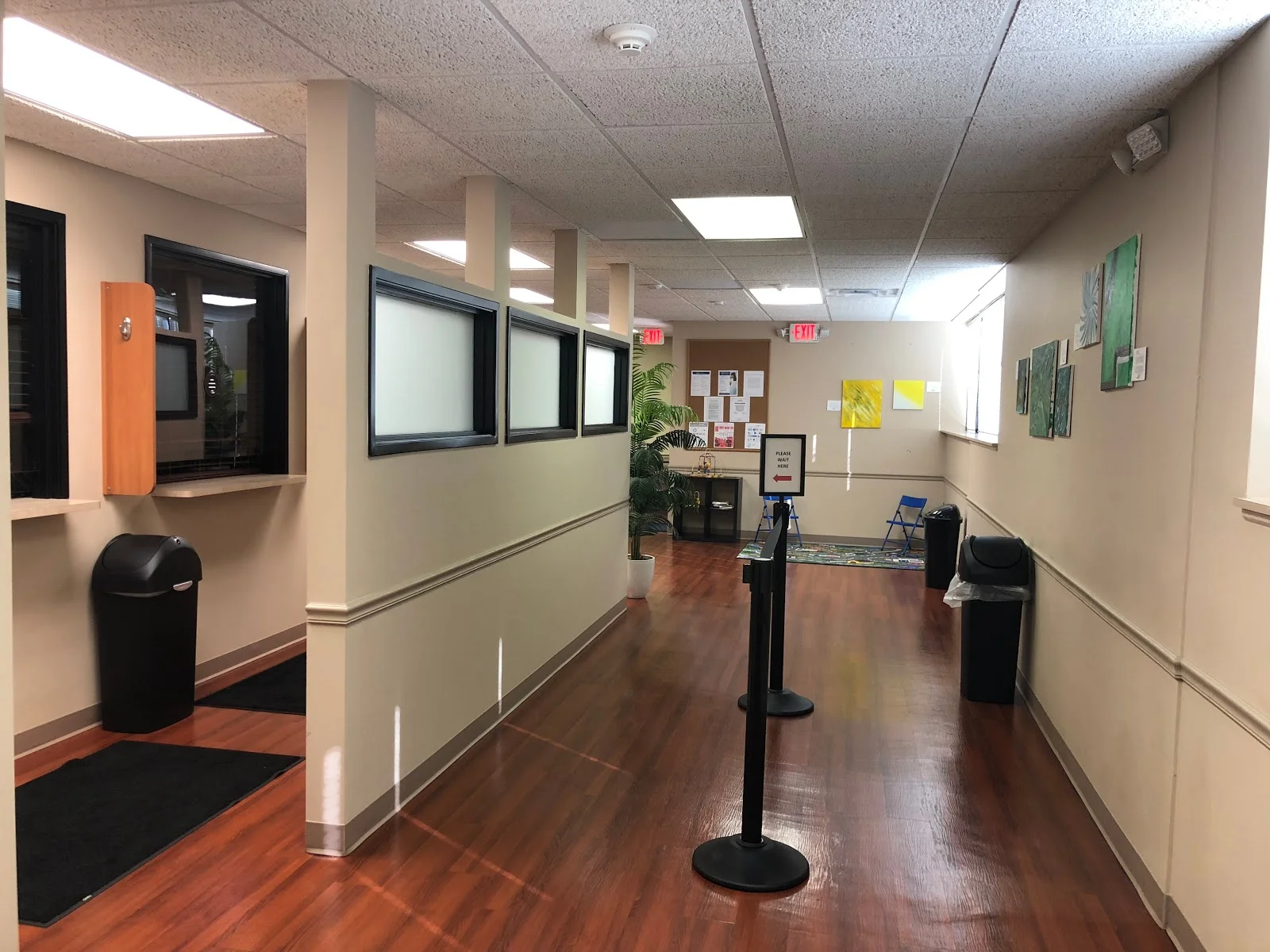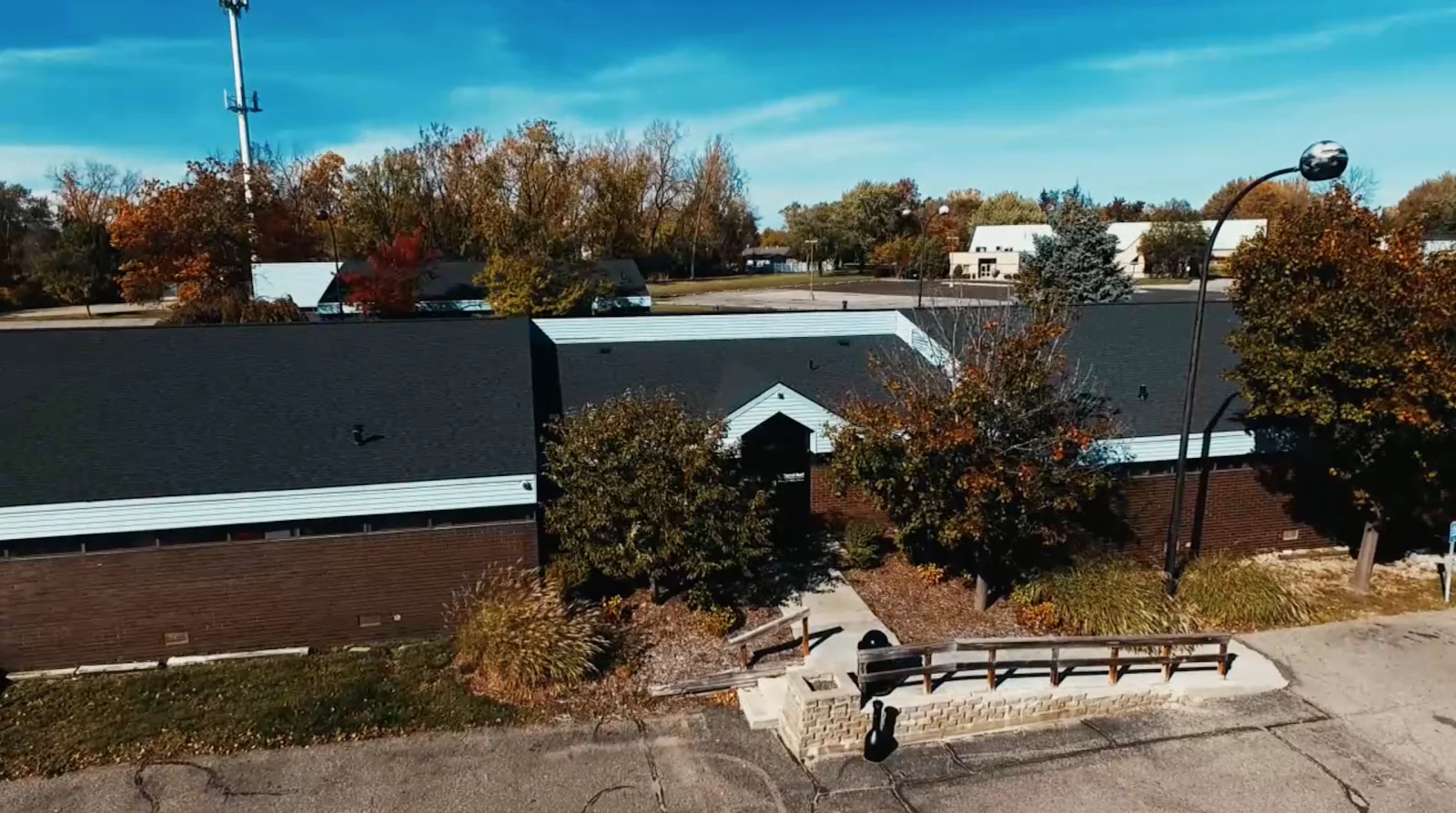Founded in 1967, Sacred Heart Rehabilitation Center is a not-for-profit organization dedicated to providing comprehensive health services to individuals struggling with addiction and behavioral health issues.
Services provided include:
- Withdrawal Management: Medically supervised detoxification services to ensure safe and effective management of withdrawal symptoms.
- Residential Inpatient Treatment: Structured treatment programs within a residential setting, offering 24/7 support and care.
- Outpatient Ambulatory Withdrawal Management: Non-residential medical management of withdrawal symptoms, ensuring patient safety and comfort.
- Outpatient Statewide Telehealth: Remote therapy and MAT services accessible across the state, providing convenience and flexibility for patients.
- Opioid Health Home: An integrated care model that combines physical and behavioral health services to support comprehensive recovery from opioid addiction.
- Outpatient Services: Flexible therapy options that allow individuals to receive treatment while maintaining their daily routines.
- Medication-Assisted Treatment (MAT): Utilisation of medications such as Methadone, Buprenorphine, and Naltrexone to manage cravings and withdrawal symptoms, reducing the risk of relapse.
- Women’s Specialty Programs: Tailored services addressing the unique needs of women, including trauma-informed care and support for pregnant women and mothers.
- Housing Services: Assistance with securing stable housing to support ongoing recovery and stability.
- Recovery Support: Ongoing support services, including peer support groups, life skills training, and access to community resources to help individuals maintain their recovery.
- HIV/AIDS Care: Specialized services for individuals living with HIV/AIDS, including early intervention, case management, housing support, and assistance with accessing medical care and other essential services.
Sacred Heart Rehabilitation Center’s holistic approach ensures that each individual receives personalized, high-quality care tailored to their specific needs.













